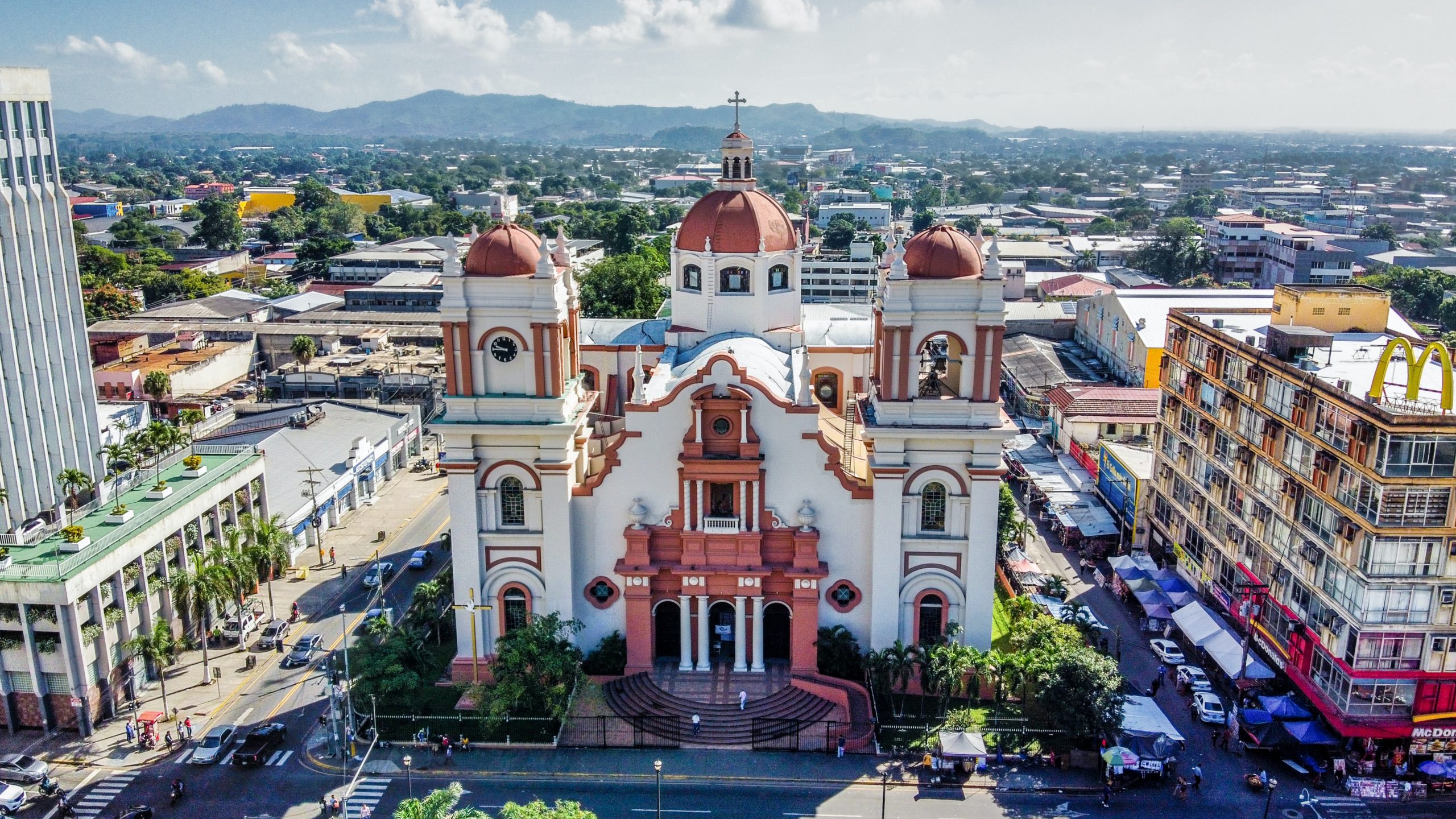Expanding a business into Puerto Rico can be a great opportunity to reach new customers and increase profits. It offers a unique blend of cultures and languages, making it a great place to reach a diverse customer base. Additionally, the country has a strong economy and is a great place to find skilled labor. Puerto Rico also offers tax incentives for businesses that are willing to invest in the local economy. With the right research and planning, businesses can take advantage of the many benefits the nation has to offer and expand their operations in the area.

Market accessing methods
You must determine how to expand your firm internationally first. This will need considerable thought because your choice could have a big impact on your outcomes. There are numerous strategies for entering the market.
Piggybacking
Piggybacking is when two non-competing businesses collaborate to sell one other’s goods or services in their nation. Although this strategy is low-risk and requires little finance, some businesses might not feel comfortable using it because it requires a high level of confidence and gives the partner company a lot of power over how the item is sold abroad.
Wholly owned subsidiary
A corporation whose common shares are 100% held by another firm is referred to as an owned affiliate. Through a purchase, a corporation may develop into a wholly-owned division. A corporation whose ordinary shares are 51% to 99% held by a parent corporation is referred to as a majority-owned subsidiary. To reduce the expenses and risks associated with the endeavor, the parent business may choose a majority ownership position. However, on the other hand, the parent company can choose WOS if they want to enter the international market with full control over the product.
The parent business may be able to sustain operations in numerous markets or adjacent industries with the aid of a wholly-owned branch. These elements aid the parent in protecting itself from shifts in the market or sociopolitical and commercial norms.
Joint Venture
In a joint venture, two companies create a company that is wholly controlled by them. There will be a Puerto Rican company as one of the owners. The two businesses would then assign a leadership team to the new company and split the administration of the joint project.
This kind of business venture has several advantages. It enables you to split costs and gives you access to insider information about a foreign market. There can be complications with selecting who contributes what and how to divide profits, for example.
Franchising
Licensing and franchising share certain similarities. In this process, copyrights are also sold to a franchisee. But the guidelines governing how the franchisee conducts business are frequently fairly strict.
Franchising in Puerto Rico is subject to certain rules and regulations. All franchisees must register with the Puerto Rico Department of State and obtain a Certificate of Authorization. The person must comply with the Puerto Rico Franchise Act, which requires that all franchise agreements must be in writing and include certain disclosures. Furthermore, the franchisee must provide a disclosure document to the prospective franchisee that outlines the terms and conditions of the franchise agreement.
Licensing
A license enables another business in your target nation to utilize your property. The property under dispute is typically intangible, such as patents, industrial methods, or trademarks. To obtain permission to use the asset, the applicant must pay a fee.
The cost of licensing is quite low, and it has a high rate of return. Any production and marketing expenses will be covered by the licensee as well. The licensee must comply with all applicable federal, state, and local laws and regulations in Puerto Rico to obtain the permit.







